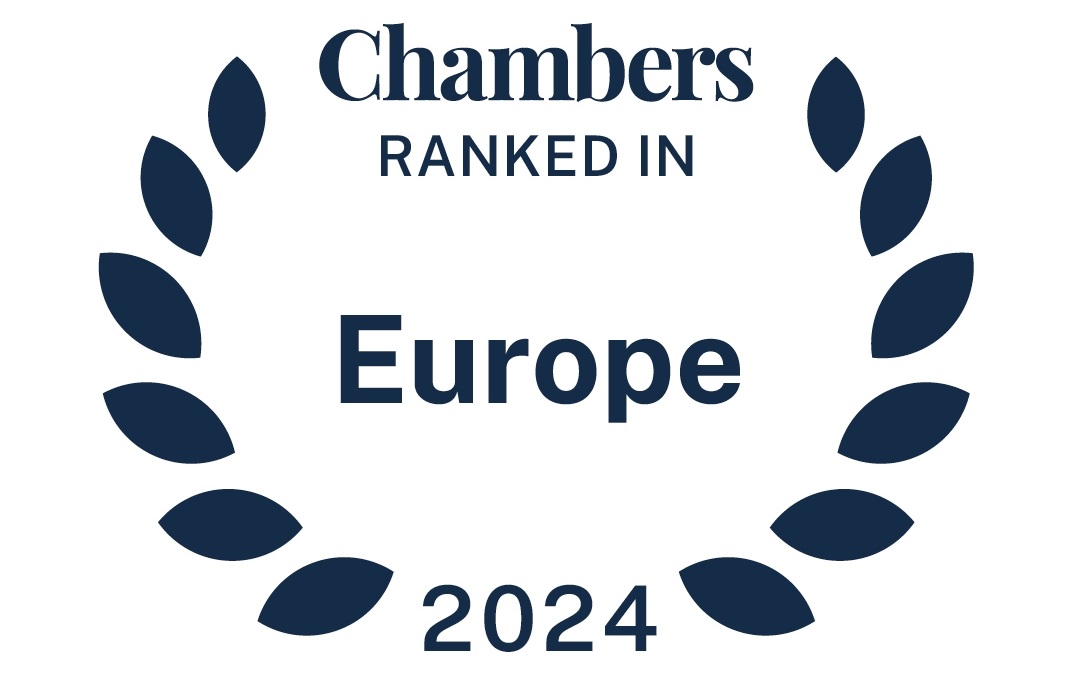In a judgment dated March 12, 2024, the Court of Justice of the European Union (the “Court of Justice“) was asked to clarify the scope of the principles that must be respected in the procedure conducted by the European Medicines Agency (EMA) for the evaluation of medicinal products.
Background
The appeal to the Court of Justice follows an application for a conditional marketing authorization submitted to the EMA on June 26, 2018, for Hopveus, a drug for the treatment of alcohol dependence.
On October 17, 2019, the Committee for Medicinal Products for Human Use (CHMP), which is part of the EMA, issued a negative opinion on this application.
In response, the applicant submitted a request for re-examination, for which the CHMP convened an ad hoc expert group, which included an expert who was also an investigator for another medicine also intended for the treatment of alcohol dependence (AD 04). Following a new unfavorable opinion dated April 30, 2020, the European Commission rejected the conditional marketing authorization.
To challenge this rejection, the applicant brought an action against the Commission and the EMA before the General Court of the European Union (the “General Court“), seeking annulment of the contested decision. The General Court dismissed the application.
Court’s Ruling
In its appeal, the applicant claimed that the contested decision was adopted following an irregular procedure, firstly because two experts consulted by the EMA were in a situation of conflict of interest and secondly because the CHMP could not refuse to consult the Scientific Advisory Group (SAG) on Psychiatry during the re-examination procedure.
EMA’s Objective Impartiality
With regard to the need for objective impartiality, the Court first recalled that the right to good administration, enshrined in Article 41 of the Charter of Fundamental Rights of the European Union, includes the right to have one’s affairs handled impartially by any EU institution or agency, which must offer sufficient guarantees to exclude any legitimate doubt as to any bias.
Applied to the EMA, these principles mean that the objective impartiality of the CHMP, and therefore of the EMA, will be compromised if a conflict of interest on the part of one of its members is likely to arise from an overlap of functions. Consequently, the objective impartiality of the CHMP is compromised if one of the experts consulted is in a situation of conflict of interest.
Furthermore, the Court recalled that persons whose cases are dealt with by an institution, body, office or agency of the Union cannot be required to provide evidence of concrete indications of partiality. Objective impartiality is assessed on the basis of criteria which are independent of the specific conduct of the experts concerned.
The Court then recalled that the opinion of the group of experts convened by the CHMP has a potentially decisive influence on the opinion of the EMA and, through that opinion, on the decision of the Commission.
In the present case, the Court of Justice held that the judgment was vitiated by an error of law because one of the experts was in a situation of conflict of interest and therefore annulled the judgment of the Court of First Instance. In fact, one of the experts was a “principal investigator”, i.e. a person who is involved in an activity initiated and/or sponsored by a pharmaceutical industry, for the European Phase III clinical trial of AD 04, a competing product. The Court also found that the collegiality of the expert group’s opinion did not remedy such a defect.
SAG’s Consultation
The applicant also claimed that the contested decision was adopted following an irregular procedure, since the CHMP could not refuse to consult the SAG on psychiatry during the re-examination procedure.
In annulling the Commission’s decision of July 6, 2000 and rejecting the application for a marketing authorization for Hopveus, the Court of Justice first recalled that, in order to prepare its opinion on the application for a marketing authorization, the CHMP may consult the SAG which it has established in the relevant therapeutic area.
The Court of Justice then pointed out that, based on the EMA’s guidelines on the re-examination procedure, the EMA undertakes to ensure that the CHMP systematically consults the SAG where the applicant for a marketing authorisation makes a timely and duly motivated request for such a consultation.
The SAG consulted for this purpose must be the one established in the therapeutic area of the medicinal product under review. In these circumstances, an ad hoc group of experts can only be convened in the absence of a competent SAG.
In the present case, the judges considered that the procedure was flawed by convening an ad hoc group of experts in a therapeutic area for which a SAG has been established, in this case the SAG for psychiatry. The Court of Justice concluded that this procedural defect vitiated the contested decision as a matter of form, which could only lead to its annulment.






